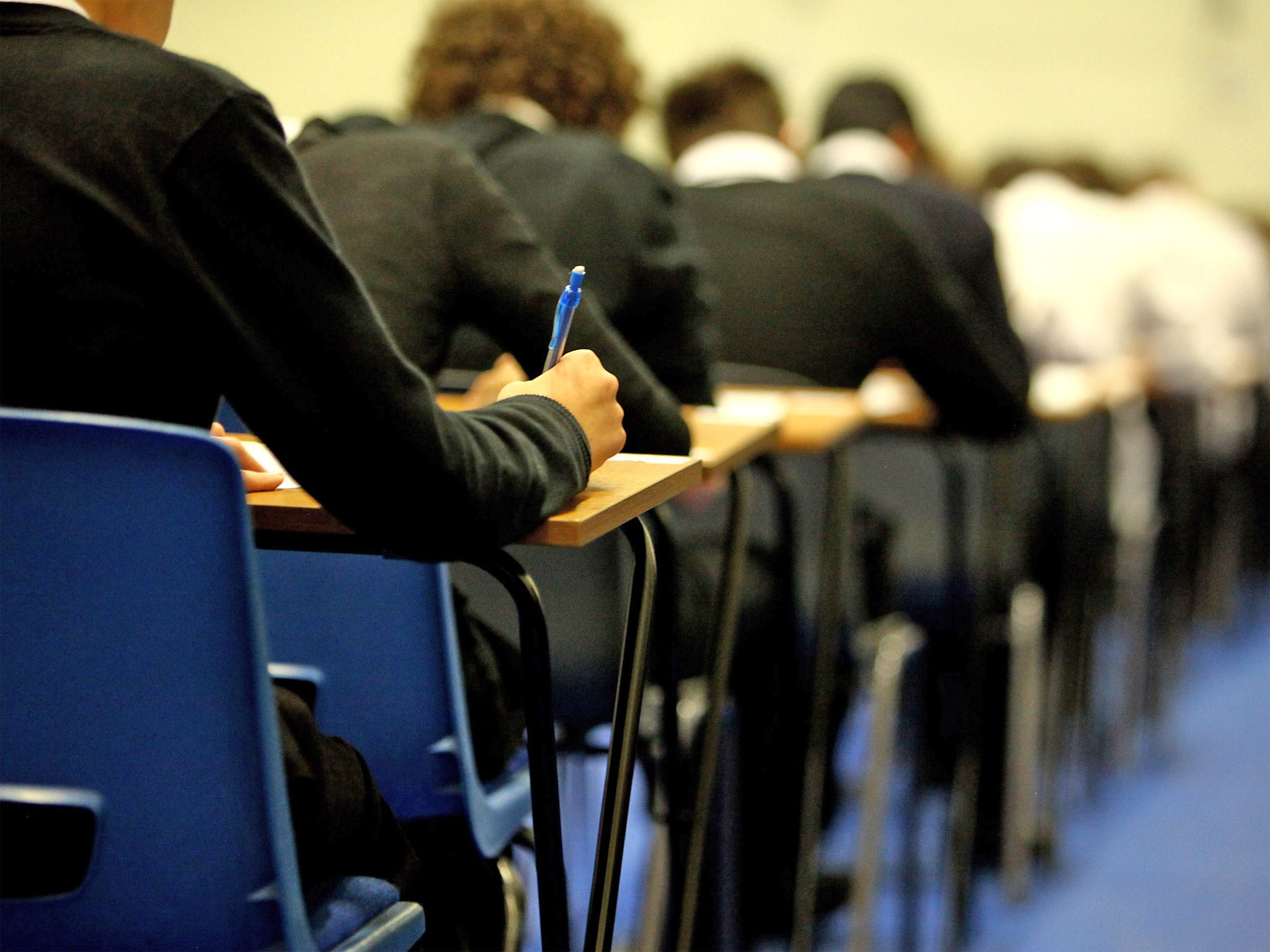Schools are failing brightest pupils: More than 40% of comprehensive schools are not challenging the most able, Ofsted warns

Too many comprehensive schools are failing to get the best out of their brightest pupils, chief schools inspector Sir Michael Wilshaw, will say today.
A survey of non-selective state secondary schools by education standards watchdog Ofsted found that more than 40 per cent were failing to help the most able pupils achieve their potential.
Almost two-thirds (65,000) of those who achieved top grades (level five) in English and maths national curriculum tests at 11 failed to go on and get the A* or A grade at GCSE in the subjects that was expected of them.
In addition, data showed that hundreds of secondary schools failed to produce a single student with high enough grades at A-level in the subjects usually required the most prestigious universities - such as those in the Russell Group.
Sir Michael described the findings as “shocking” and added: “What we can’t have is a continuation of this. We can’t have our brightest and best pupils doing so badly in the non-selective state system.”
Sir Michael said “the most shocking finding” was that - in some schools - teachers were not even aware which of their pupils were the brightest. “Shockingly. some of the schools we visited had not even identified who their most able students were,” he added.
The inspectors found that - in mixed ability classes in particular teachers were not stretching the brightest pupils. “I’d have setting (teaching pupils in different ability groups for different subjects) from the word ‘go’ (in secondary schools),” he added.
Mixed ability teaching did not work, he added, unless the teachers concerned were able to differentiate between the different ability strands.
Figures showed that - whilst 100 independent and grammar schools were responsible for more than 10 per cent of successful applicants to Oxbridge - the 41 schools visited for the report had only sent 16 pupils. Only one of those had been entitled to free school meals.
“These outcomes are unacceptable in an increasingly competitive world,” said Sir Michael. “If we are to succeed as an economy and society, we have to make more of our most able young people.
“We need them to become the political, commercial and professional leaders of tomorrow, Predictably, the able students who are most likely to underachieve are those from the poorer backgrounds.
“Too many non-selective schools are failing to nurture scholastic excellence. While the best of these schools provide excellent opportunities, many of our most able students receive mediocre provision. Put simply, they are not doing well enough because their secondary schools fail to challenge and support them sufficiently from the beginning.”
He added: “It is a serious concern that many non-selective schools fail to imbue their most able students with the confidence and high ambition that characterise many students in the selective or independent sector.”
However, he stressed: “This is not an attack on comprehensive education or a praise of grammar schools. This is about ensuring our comprehensive system does better for our more able students,
“As somebody who has worked in comprehensive schools in difficult areas, I want to see our system do better.”
Sir Michael was headteacher of Mossbourne Academy in Hackney, east London - which replaced the failing Hackney Downs school - and got ten pupils Oxbridge offers in its first year of A-levels.
The report urges schools to provide annual reports to parents on their brightest pupils - spelling out whether they are doing as well as they are capable of. Sir Michael agreed reports had been too bland in the past and needed to be more blunt, “We urge schools to be more prescriptive in what they do now,” Sir Michael said.
Join our commenting forum
Join thought-provoking conversations, follow other Independent readers and see their replies
Comments